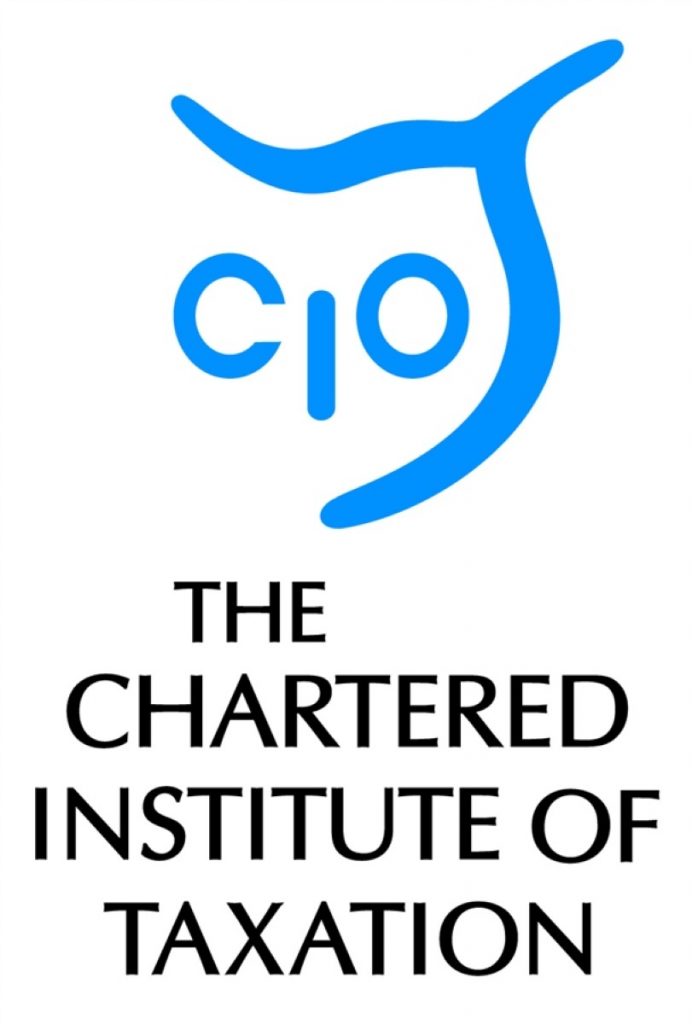New non dom rules could be unduly harsh on those who happen to have been born in the UK
Tax advisers are concerned that government proposals for the reform of taxation of ‘non-doms’ could lead to an unfair result for those born in the UK who live most of their life abroad but return for a short period.
The proposals appear in a consultation document published yesterday by HM Treasury – ‘Reforms to the taxation of non-domiciles’. The Government proposes:
- If you have been UK tax resident for 15 out of 20 years you will be deemed to be UK domiciled for all purposes including inheritance tax;
- If you were born in the UK with a UK domicile of origin but later acquire a domicile of choice elsewhere (because your permanent home is in another country) you will be deemed UK domiciled from the first year in which you become UK tax resident.
The second, tougher rule will not apply to those with a UK domicile of origin but born elsewhere. The place of birth is a new criterion in UK tax law and introduces a new element of complexity into an already complex area.
Aparna Nathan, Chair of the Chartered Institute of Taxation’s Capital Gains Tax and Investment Income Sub-Committee, commented:
“The rules around domicile, residence and remittances are complex and can be hard for the non-specialist to understand. The Government’s aim, it says, is to address some unfairness in the current tax rules while trying to “attract talented individuals to live in the UK” with the aim that they will “contribute to the success of this country1”.
"Among the new proposals, the stricter regime for those born in the UK seems unduly harsh. Attaching such importance to a place of birth, which is clearly outside the individual’s control, and could be a matter of happenstance, is curious.
“As the proposal stands a UK born person who returns the UK to look after ageing relatives or to take up a temporary secondment will become deemed UK domiciled from the first tax year. As a result, they will have to pay UK income tax and capital gains tax on their worldwide income and gains, and UK inheritance tax on their worldwide assets. This seems an unduly onerous consequence of their place of birth combined with what might be a relatively brief period of UK residence later in life.
“On a more general note, the Government needs to be aware that repeated changes to the rules for non-doms, with any consultation undertaken after the announcement of the intention to change, may undermine its stated aim of attracting talented individuals to come to the UK and invest here. Frequent changes undermine the UK's reputation as a place to do business with certainty.”
Notes for editors
- From the Foreword to the consultation document
- The Chartered Institute of Taxation (CIOT)
The CIOT is the leading professional body in the United Kingdom concerned solely with taxation. The CIOT is an educational charity, promoting education and study of the administration and practice of taxation. One of our key aims is to work for a better, more efficient, tax system for all affected by it – taxpayers, their advisers and the authorities. The CIOT’s work covers all aspects of taxation, including direct and indirect taxes and duties. Through our Low Incomes Tax Reform Group (LITRG), the CIOT has a particular focus on improving the tax system, including tax credits and benefits, for the unrepresented taxpayer.
The CIOT draws on our members’ experience in private practice, commerce and industry, government and academia to improve tax administration and propose and explain how tax policy objectives can most effectively be achieved. We also link to, and draw on, similar leading professional tax bodies in other countries. The CIOT’s comments and recommendations on tax issues are made in line with our charitable objectives: we are politically neutral in our work.
The CIOT’s 17,000 members have the practising title of ‘Chartered Tax Adviser’ and the designatory letters ‘CTA’, to represent the leading tax qualification.





-01.png)